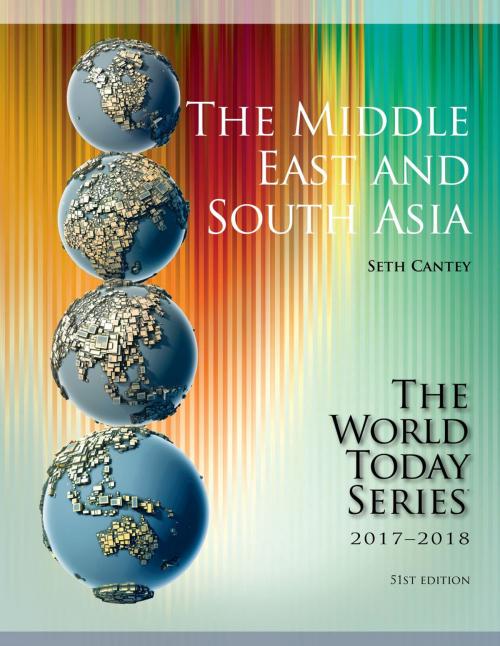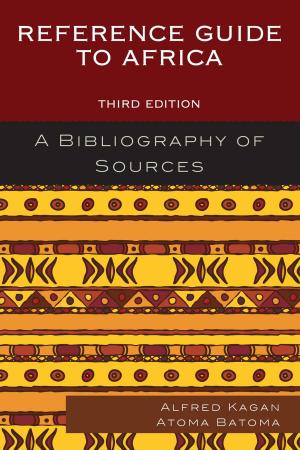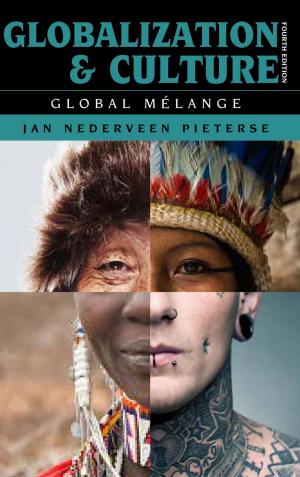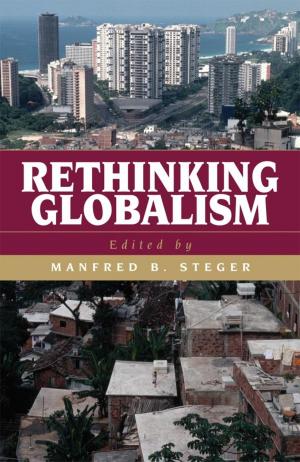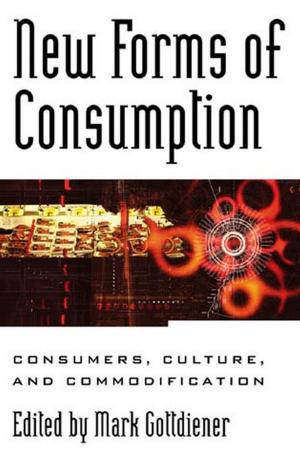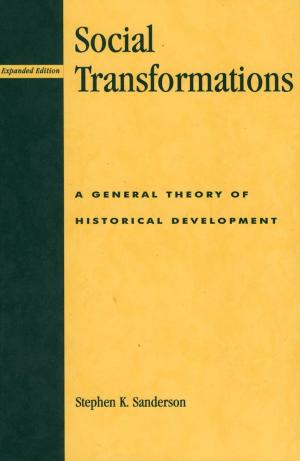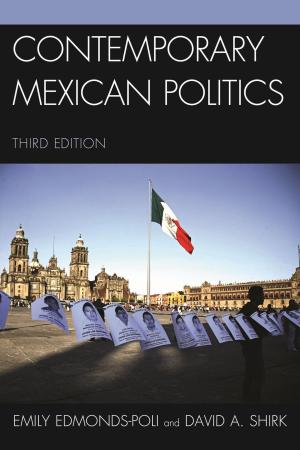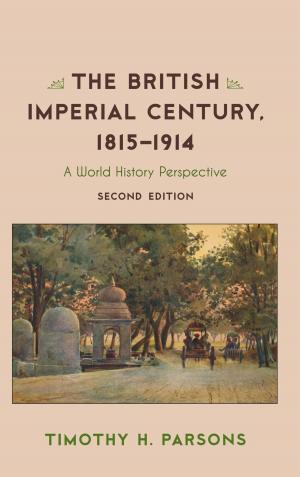The Middle East and South Asia 2017-2018
Nonfiction, Reference & Language, Education & Teaching, History, Reference, Middle East| Author: | Seth Cantey | ISBN: | 9781475835199 |
| Publisher: | Rowman & Littlefield Publishers | Publication: | August 25, 2017 |
| Imprint: | Rowman & Littlefield Publishers | Language: | English |
| Author: | Seth Cantey |
| ISBN: | 9781475835199 |
| Publisher: | Rowman & Littlefield Publishers |
| Publication: | August 25, 2017 |
| Imprint: | Rowman & Littlefield Publishers |
| Language: | English |
This volume is designed to place in context the passionate controversies and emotional attachments of the two billion people who live, study, work, love, and die in the Middle East and South Asia. Understanding these regions means more than annually-updated details of the governments, politics, cultures, and economies of the twenty-four nations and assorted territories. Special chapters address significant issues of continuing international importance, including access to water, the role of oil, and the 2011 Arab spring.
Both regions, after all, contain types of people misunderstood and often intensely disliked by others. Where religion intrudes on politics—the Afghan Taliban oppose educating girls, Hindu fanatics rampage in India, Iranian militiamen shoot demonstrators, Islamic extremists impose sharia, and Jewish Ultra-Orthodox send women to the back of the bus—readers bombarded with superficial news bites and slanted reporting might never sense the other accomplishments of these same societies. Islamic charities and societies bring relief to the impoverished, Israel’s scholars win Nobel prizes, and most Indians cherish long-standing religious toleration. The author of this volume attempts to let the reader draw conclusions from the evidence.
This volume is designed to place in context the passionate controversies and emotional attachments of the two billion people who live, study, work, love, and die in the Middle East and South Asia. Understanding these regions means more than annually-updated details of the governments, politics, cultures, and economies of the twenty-four nations and assorted territories. Special chapters address significant issues of continuing international importance, including access to water, the role of oil, and the 2011 Arab spring.
Both regions, after all, contain types of people misunderstood and often intensely disliked by others. Where religion intrudes on politics—the Afghan Taliban oppose educating girls, Hindu fanatics rampage in India, Iranian militiamen shoot demonstrators, Islamic extremists impose sharia, and Jewish Ultra-Orthodox send women to the back of the bus—readers bombarded with superficial news bites and slanted reporting might never sense the other accomplishments of these same societies. Islamic charities and societies bring relief to the impoverished, Israel’s scholars win Nobel prizes, and most Indians cherish long-standing religious toleration. The author of this volume attempts to let the reader draw conclusions from the evidence.
